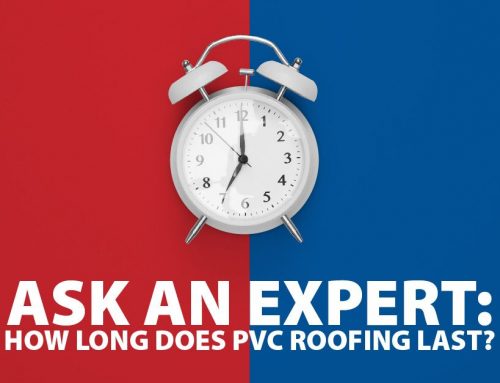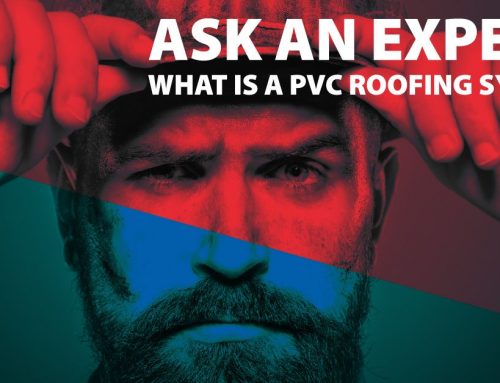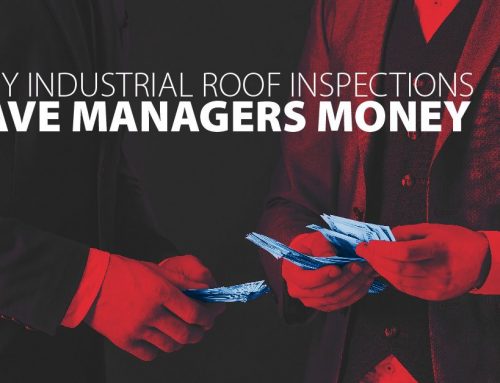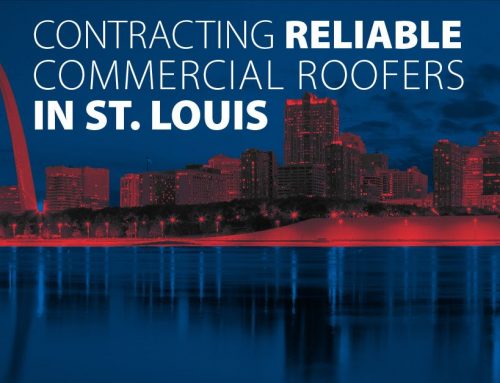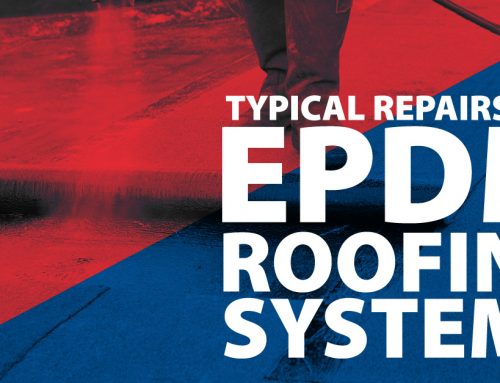
Deciding on a material for your commercial roof is one of the most critically-important decisions you’ll make as a building owner or manager. If you choose the right material and have it expertly installed, you’ll have a roof that lasts for decades and fewer worries about unnecessary repairs, damage to the building’s structure and contents, or a costly premature tear-off and replacement. When you’re researching different materials, it’s worth learning more about the advantages of built up roofing (BUR).
Built Up Roofing Facts
Built up roofs have been used to protect commercial buildings from the elements for over a hundred years. A contractor fabricates the roof system on site by alternating layers of fiberglass felt plies with heated asphalt as a waterproof binder. Various materials can be used on the top surface, such as a flood coat and gravel, a cap sheet with polymer-modified bitumen, or a cold-applied coating.
The final product is a monolithic, fully-adhered roof system that’s stable, rigid and meets fire and uplift resistance requirements. Because a built up roof is custom-made, its performance and longevity largely depend on the installer’s workmanship quality. For this reason, it’s vital to hire a roofing contractor who has extensive experience installing this type of roofing.
Built Up Roofing for St. Louis Commercial Buildings
Here are three reasons why a built up roof may be the ideal choice for your commercial building:
- Low life-cycle costs. With annual inspections and routine maintenance, a built up roof can last for 20–30 years or longer. Because of the roof’s layered construction, it can remain watertight even if the surface gets damaged. Repairs can be made easily and inexpensively, and the roof’s service life can be extended cost-effectively with resurfacing or by having a restorative coating applied.
- Superior leak resistance. The applied asphalt saturates and seals each of the multiple felt plies in a BUR roof to create a thick and exceptionally water resistant barrier that’s less prone to leaks than most other types of commercial roof systems.
- Enhanced energy efficiency. According to the Asphalt Roofing Manufacturer’s Association, BUR roofs resist heat conduction and provide exceptional thermal performance. Insulation is typically installed on the decking before the BUR layers are added, so it’s incorporated right into the roof system and achieves a higher R-value.
To learn more about the advantages of built up roofing for your St. Louis commercial building, contact us at Jewett Roofing.

